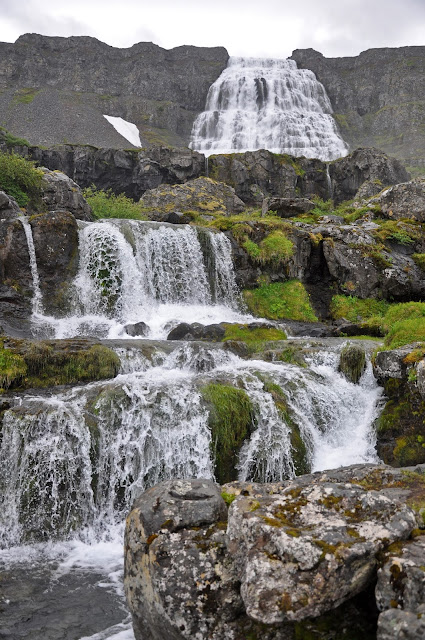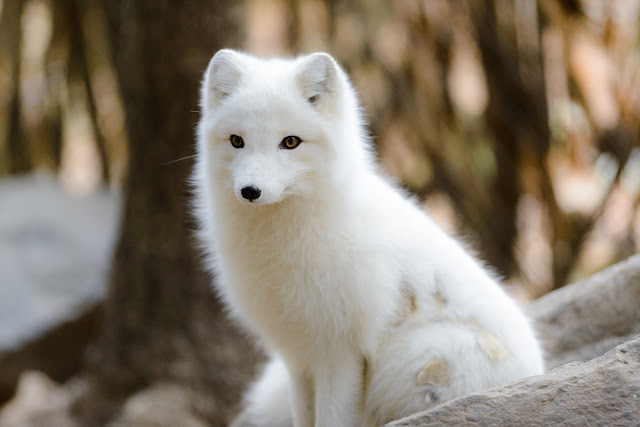The
Republic of Iceland is one of the best places you can visit if you want to
experience a plethora of breathtaking landscapes which have been forged by
unrelenting natural forces. It is Europe's youngest island formed around 25
million years ago which is geologically and volcanically active. The Nordic
island country is in the North Atlantic, and despite being the most sparsely
populated European country, the Icelandic culture is one to behold. Their
language is among one of the most unchanged and involves making of different
Icelandic terminologies instead of adding foreign words to the language. The
first place you get to is the capital city, and after landing, you can rent a car in Reykjavik airport to help you move around to any location.
Reykjavik
The city is relatively small compared to other
European metropolises, but the Icelandic people’s energy keeps the city pulsing
with energy, maintaining the city alive. It is designated as UNESCO’s city of
literature and is at the helm of Iceland’s literary rich history. The Reykjavik
Art Museum and National Gallery of Iceland display the masterpieces of
contemporary international and Icelandic artists. The Austurvollur serves as a
getaway for sunbathers on rare sunny days while downtown Reykjavik provides
cafe-culture lovers with a haven till late when nightlife kicks in.
Reykjanes
This is one of the most popular tourist destinations.
It is readily available throughout the year served by the Keflavik
international airport. It is home to the Blue Lagoon, which provides a stark
contrast between neon blue water and dark volcanic rocks. With steam rising and
a natural pool the area harbors many tourists enjoying the sceneries and spa. The
tip of Reykjanes peninsula, where the ridge rises above sea level, serves as a
boundary between Europe and North America, and one can get a certificate for
crossing continents by walking across the bridge. There is the Kirkjuvogsbas beach
where steaming hot geothermal water meets cold water from the ocean.
Westfjords
Situated in the country's northwest corner, the region
is mostly uninhabited, and it is a reserve for unspoiled wilderness. There are
the spectacular waterfall sets – Dynjandi with an accumulated heights of 100
meters which are a must see. The wilderness is ideal for bird watching and
other unique fauna. Hornstrandir is another place that is home to the Arctic
fox. There is also a bird cliff Latrabjarg, which is the westernmost point of
Europe. It hosts almost half of the world's population of some bird species.
Sagaland – West Iceland
This
region serves as host of most of Icelandic history. There are the scenes from
the historical stories everywhere and history becomes more vivid giving it the
name Sagaland. The area has glaciers, fjords valleys, craters, and volcanoes. The
highest waterfall in Iceland – Glymur is in Sagaland.
The hikes around Akranes
and the mountain Akrafjall make it worthwhile. Here is a national park that
extends to the sea called Snaefellsjokull National Park. The volcano glacier is
one of the greatest energy centers in the world. The distances between these tourists’
attractions are short, so it is possible to enjoy the area over a short time.
Gullfoss waterfall
It is
one of the most impressive sights, providing a spectacular view of forces and
beauty of untouched nature. The falls are a part of the golden circle route,
which is a popular destination for visitors. The water goes down 32 meters in
two stages of a rugged canyon whose walls reach up to 70 meters. A rainbow is
usually seen on sunny days hovering over the falls.
Iceland is one of the world's most active volcanic
hot spots with glaciers, hot springs, rugged fjords and the people rich in a
culture who will provide good literature and history doses. Iceland is a must
visit tourist destination not only due to its uniqueness, but also for the
sheer juxtaposition of ´ice and fire´.













Comments
Post a Comment